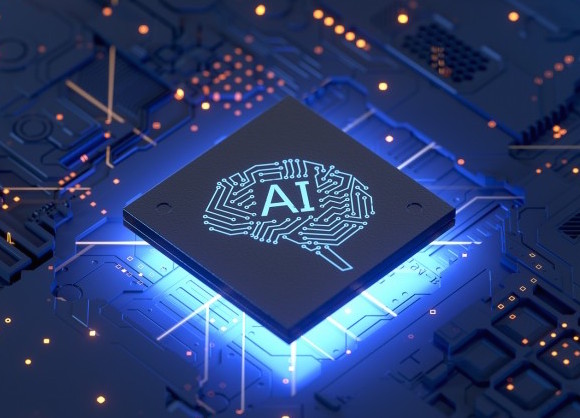|
Getting your Trinity Audio player ready...
|
Artificial Intelligence (AI) stands at the frontier of technological innovation, offering unparalleled opportunities to bolster business processes and yield to the sustainable development agenda.
This was revealed by Hon. Advocate Jacob F.N. Mudenda, the Speaker of Parliament of Zimbabwe at the occasion of the inaugural International Business, Governance and Accounting Conference (IBGAC) at the Tamarind Resort in Kariba running under the theme ‘Advancing Cross-Industry Transformation through Artificial Intelligence (CiTai).
The workshop seeks to share insights and experiences on the application of Artificial Intelligence (AI) in various industries; provide a platform for stakeholders to connect and collaborate on AI-related projects; and showcase innovative AI solutions that have the potential to transform industries.
Artificial Intelligence (AI) stands at the frontier of technological innovation, offering unparalleled opportunities to bolster business processes and yield to the sustainable development agenda. In this era of rapid technological advancement, artificial intelligence (AI) stands as a beacon of progress, to drive global sustainable development through various applications as outlined below:
Robotics involves the use of software robots to automate repetitive and rule-based tasks typically performed by humans. These bots interact with existing software applications and mimic human actions, such as data entry, copy-pasting, and transaction processing.
Machine Learning focuses on automating the flow of tasks and activities within a specific business process. It often includes defining a set sequence of steps and conditions and automating the movement of information or tasks from one participant to another.
Natural Language Processing which is instrumental in language translation applications and sentiment analysis tools used to understand and generate animated human language communication.
Rule-based applications involve automating processes that follow well-defined rules and decision criteria. This type of automation is suitable for tasks where the decision-making logic can be explicitly defined in a set of rules.
All these applications testify to the intricate nuances of the yet unfathomed workings of the human mind – the most superlative natural computer.
Hon Mudenda said AI applications demonstrate how technology is revolutionizing business processes and various aspects of lives.
“From an economist’s worldview, the economy is regarded as an ecosystem where one industry feeds into another through successive value chain nods. In that context, AI allows industry to innovate and facilitate cross-industry digital transformation. For us to harness these opportunities responsibly, we must foster collaboration across industries, leveraging AI to drive innovation, improve efficiency, and address complex challenges that transcend traditional sector boundaries.
“Contrary to the general notion that AI will induce redundancy, FeiFei Li observed that: “Artificial Intelligence is not a substitute for human intelligence; it is a tool to amplify human creativity and ingenuity 1 ”. To that an extent, AI germinates from human intelligence, the cradle of its genesis,” Hon Mudenda said.
Accordingly, AI remains a key digital tool for production that complements labour and capital to propel the economy into productive efficiencies required to stir the praxis of leapfrogging development which should create an upper middle-income society by 2030 and beyond. AI applications will always require human capital for meticulous quality assurance, hence should never be construed as a substitute for human capital application.






